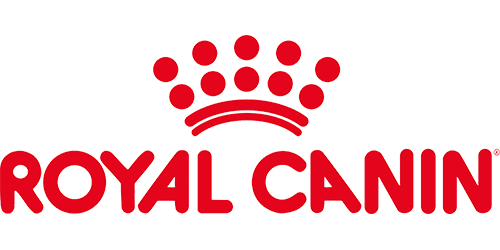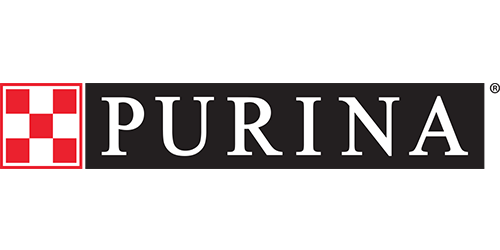Your dog’s skin: A natural barrier
Your dog’s skin is all that separates their organs, muscles, and bones from the outside world. But it does more. It also:
- Protects your dog’s body from parasites
- Stores fat, water, and vitamins
- Shields sensitive nerve endings
- Prevents water loss and the risk of dehydration as a result
- Helps regulate body temperature
To make sure your dog’s skin is as effective a shield as possible, take care of it. This is especially important because being the first line of defense exposes skin to all kinds of problems.
Like what? Well, the most frequently diagnosed canine skin conditions caused by both external and internal factors are:
- Allergies:
- Hypersensitivity to flea bites
- Atopic dermatitis
- Cutaneous neoplasms (tumours)
- Bacterial pyoderma, a bacterial skin infection
- Seborrhea (excessive sebum production)
- Parasitic dermatoses, which are skin diseases caused by microscopic parasites that live on or in your dog’s skin
- Adverse reactions to food or food allergies:
- Food hypersensitivity
- Food intolerance
- Immune-mediated skin disorders, i.e., skin lesions caused by an abnormal autoimmune reaction (when the immune system attacks its own cells)
- Endocrine (hormonal) skin diseases, i.e., skin lesions caused by hormones imbalance
So there’s a chance your four-legged friend will develop a skin problem at some point. But what are the causes and risk factors?
Breed can play a role, for one. Over 30 dog breeds are more prone to skin disorders, including:
- Beagles
- Boston terriers
- Boxers
- Labradors
- English bulldogs
- German shepherds
Certain skin conditions can be caused or exacerbated by outside factors. For instance, if your dog spends a lot of time outdoors, they come into contact with a wider variety of insects and parasites that could trigger a skin reaction.
And, while good grooming is important, some shampoos and soaps strip away the outermost layer of sebum, which can cause more problems.
An unbalanced diet can also be a contributing factor in skin disorders. Why? Because skin is very nutrient-hungry and nutrient deficiencies can lead to lesions. Here are some examples of deficiencies and their effects on your dog’s skin and coat:
- Protein deficiency:
- Peeling (the shedding of dead skin cells)
- Loss of coat pigment
- Alopecia (partial or total hair loss)
- Dull or dry coat
- Essential fatty acid deficiency:
- Peeling
- Loss of coat luster and shine
- Zinc deficiency:
- Dull and dry coat
- Skin thickening
- Cornification of the deep layers of the skin
- Copper deficiency:
- Loss of normal hair colour
- Dull or rough coat
- Loss of coat density
As you can see, skin issues in dogs can be caused by a number of factors and depend a lot on your dog’s lifestyle. The best approach is to be proactive in monitoring the condition of their coat and skin and talk to your veterinarian if you see anything out of the ordinary.
If your dog does have a skin condition, your vet may recommend a change in diet if:
- There’s a change in their normal coat colour, e.g.:
- It turns lighter
- It turns reddish brown in certain areas
- Their skin disorder can’t be diagnosed through medical evaluation and results in one of the following symptoms:
- Abnormal hair loss
- Scaling
- Alopecia (partial or total hair loss)
- Duller than normal coat
- They have wounds that won’t heal
- They develop a severe, generalized inflammatory skin disease such as:
- Deep pyoderma
- Immune-mediated skin disease
- They have a skin disorder such as:
- Dandruff
- Oily skin
- Smelly skin
Your vet may decide to put your dog on a therapeutic diet to try to relieve or even eliminate the symptoms of their skin disorder and keep it from coming back. This is a long-term management strategy and is not a substitute for medical care.
The best way to get your pup back up to snuff is through a combination of medical treatment and a proper diet.



